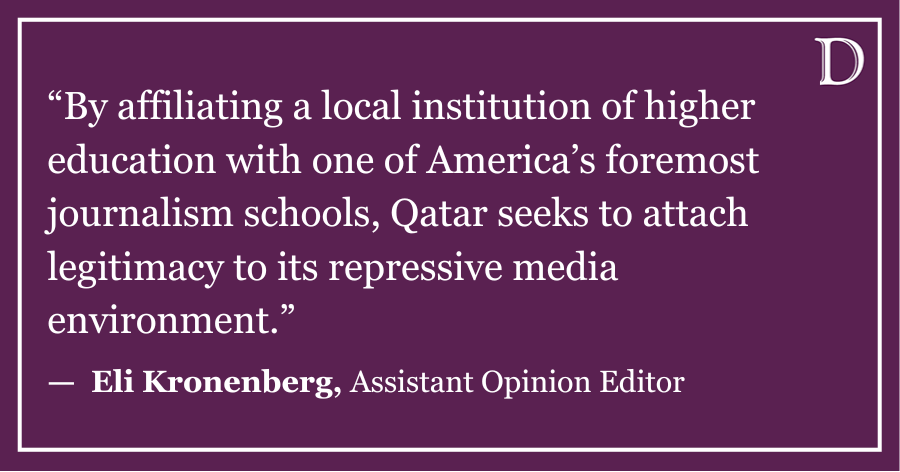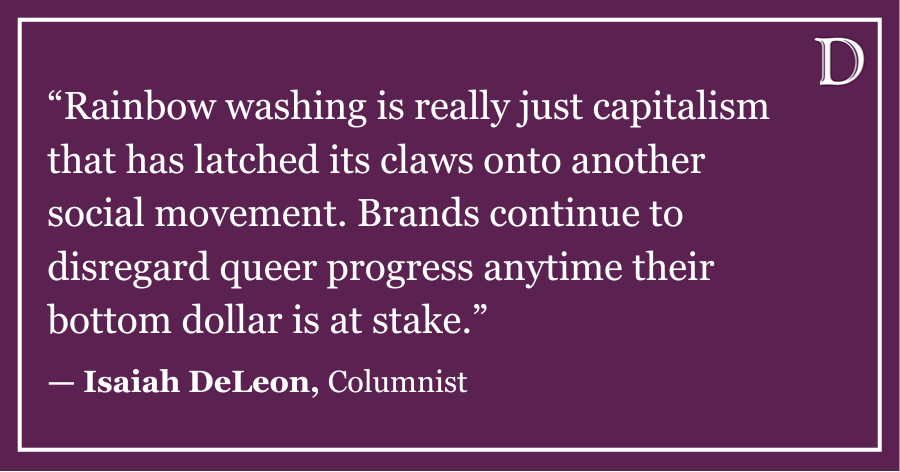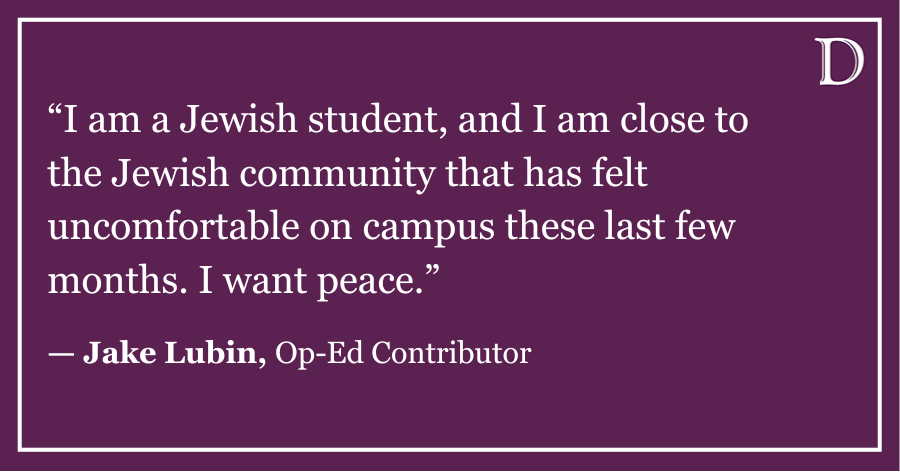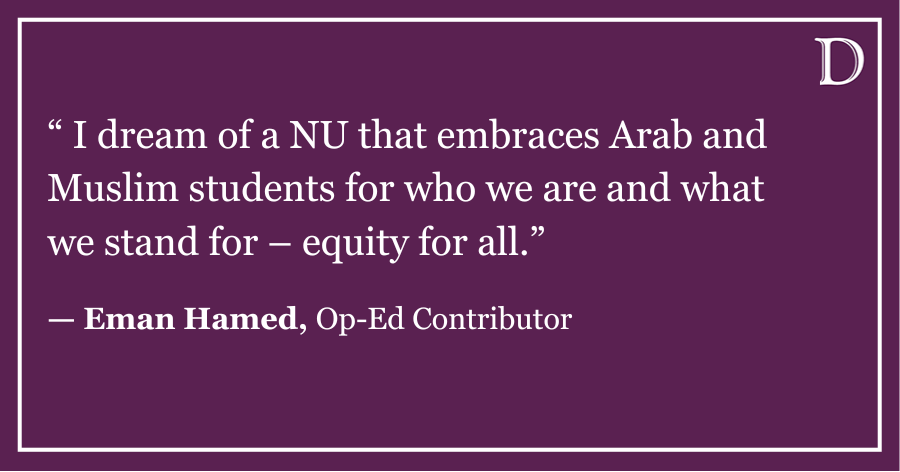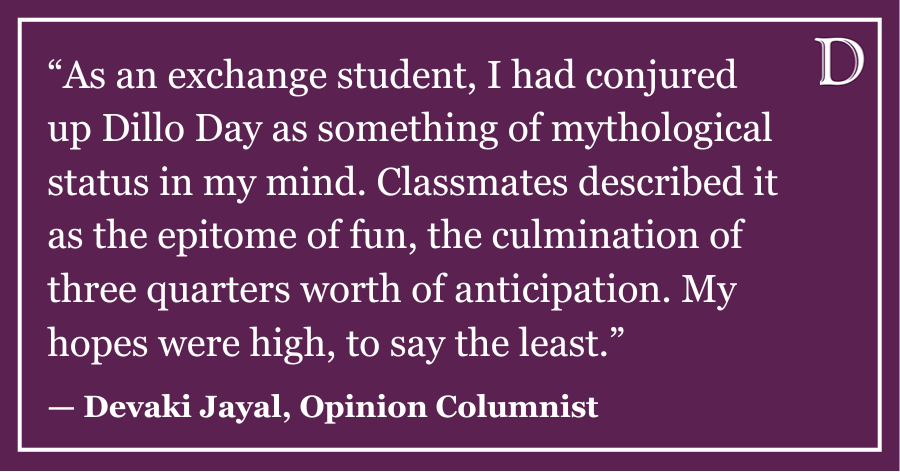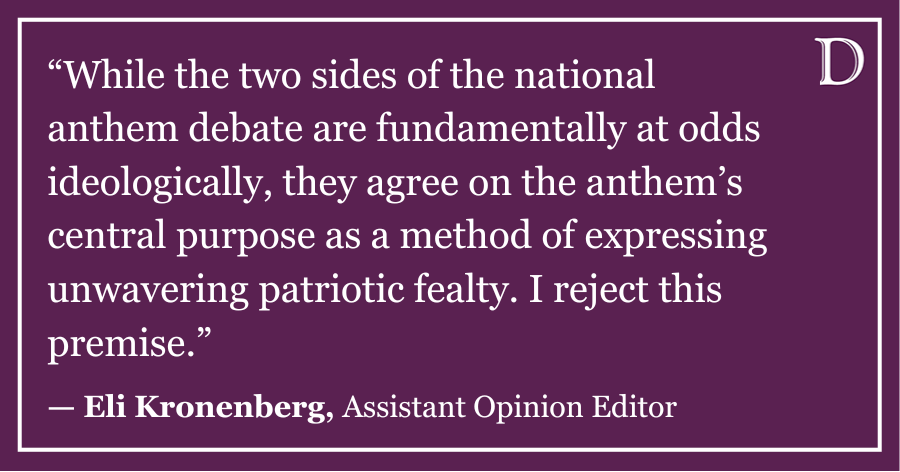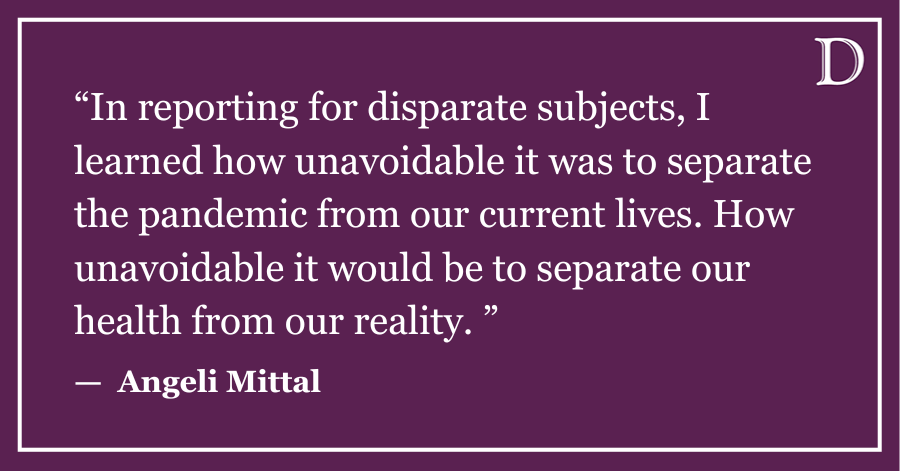In 1968 and 1985, student demonstrators at universities across the United States made history. In both years, a nationwide mass uprising involving hundreds of thousands of students took over the front pages. Their actions were inspired by deep moral convictions against the war in Southeast Asia, against racial exclusion on campus and against apartheid in South Africa, especially U.S. support for apartheid.
In 1968, most Americans still supported the war in Vietnam and most opposed the creation of Black Studies departments. In 1986, President Ronald Reagan condemned Nelson Mandela and the African National Congress as terrorists. The extraordinary bravery and commitment of students pushed this country in new and better directions.
Young people were out front: sitting in, chanting, demanding, studying, marching and ultimately transforming American attitudes and policies on all of these issues. The protesters didn’t win every demand. On some campuses, especially those that experienced police raids, students felt bruised, betrayed and defeated. And yet, their witness and sacrifice reverberated, accumulated and inspired.
Black students at Northwestern occupied the Bursar’s Office in May 1968 not long after police very aggressively ended a building occupation at Columbia University. Thankfully, in Evanston, cooler heads prevailed. NU was later hailed for taking student demands seriously and engaging in good faith negotiations. The students claimed an important victory — even though they didn’t get everything they wanted.
And one central demand — the creation of a Black Studies department — would continue to inspire administrative opposition and another round of student protest for a few more years. Crucial to remember is that agreements lock in gains, but they don’t prevent future action to hold the institution accountable.
At Columbia in 1985 — where I was one of the students blockading Hamilton Hall — the protest inspired scores of other student actions across the country. They demanded that Columbia divest the $32.5 million it invested in companies that did business with South Africa.
It was extraordinary to be inside a history-making moment, and yet it was also extremely humbling to appreciate that we were one small corner of a global struggle for justice. The huge national wave of student protests — in conjunction with a host of other actions — helped pressure Congress to overturn Reagan’s veto of sanctions against South Africa in 1986. It was a rare and historic moment of grassroots foreign policy making.
The Columbia blockade became iconic and is now regarded as one of the most important student protests of the divestment movement. But, ironically, the blockade ended without a commitment to divestment. The administration refused to budge. But the committee that was set up to look into things actually worked toward a major divestment of university funds from companies doing business in South Africa by the end of 1985.
In these ways, 2024 looks a lot like 1968 and 1985. It’s part of a nationwide upsurge that’s saturated the media with issues and voices demanding to be on the front page.
The protests are grounded in deeply felt moral conviction. They show students using the leverage and stage they have to oppose both U.S. foreign policy and their institution’s complicity. The Deering Meadow encampment for divestment and Palestinian freedom has sent a clear and powerful message to our community, and to the world. As in years past, administrators have been under extreme pressure from many sides to engage in crackdowns, arrests and punitive acts. NU thankfully — again — opted for negotiations.
To the students who created the “Northwestern Liberated Zone” and the staff, faculty and community members who supported them, these earlier cases of student protest offer an important lesson: Sometimes, movement outcomes that seem mixed or even disappointing in the moment can, with time, prove critical in achieving political change.
What some students in 1968 or 1985 regarded as painful concessions is now understood by historians as transformative gains. And this should hearten NU students who sacrificed so much for the encampment and may be disappointed that the agreement reached with the administration does not include all their demands.
While we didn’t win the moral and just demand of divestment, the agreement stands as a significant, even remarkable, achievement. Disclosure of investments — won through hard work and commitment on the ground — may become a first step toward divestment. In the United States, a society whose media and elected officials almost completely ignore Palestinian voices, rights, dignity and national aspirations, we have opened a window, reshaped relations and begun a conversation.
Martha Biondi is a professor in the Black Studies and History departments at Northwestern. She can be contacted at [email protected]. If you would like to respond publicly to this op-ed, send a Letter to the Editor to [email protected]. The views expressed in this piece do not necessarily reflect the views of all staff members of The Daily Northwestern.











